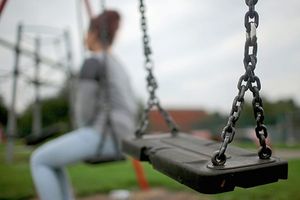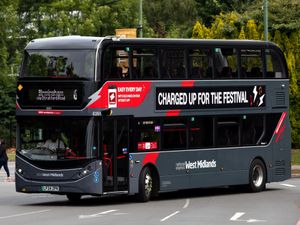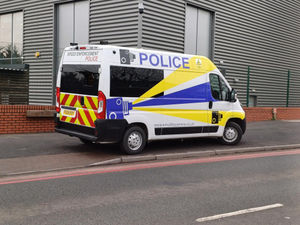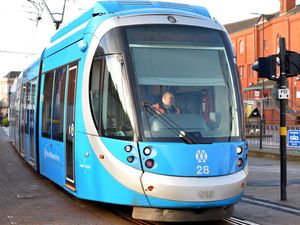4.7 per cent increase in child poverty in the West Midlands
The number of children in the West Midlands living in poverty, before housing costs have even been taken into account, has risen by 4.7 per cent to a total of 23.8 per cent over the last four years.

Even before the devastating impact of Covid-19 on household incomes, child poverty – predominantly in working families – has been rising rapidly in some of the lowest income communities in Britain.
Campaigners are fearful that the added impact of coronavirus on household budgets could push even more struggling families over the edge and are urging the Government to immediately increase the amount of money in families’ pockets.
The End Child Poverty coalition is calling on the Government to take serious action and commit to a genuine child poverty reduction strategy.
The coalition, working with researchers at Loughborough University, has published a new analysis of Government data that documents how child poverty rates in many different areas across Britain have swelled since 2016 even before housing costs are taken into account.
Covid-19 coverage:
The worst areas for child poverty in the West Midlands are Birmingham – 33.9 per cent, an increase of 6.8 per cent; Sandwell – 31.8 per cent, up 6.6; Walsall – 29.3 per cent , a rise of 5.6 and Wolverhampton – 29.2 per cent, a growth of 5.2.
Thomas Lawson, chief executive at anti-poverty charity Turn2us, said: “It is simply unacceptable that child poverty continues to rise, year on year.
Potential
"With the country currently consumed by the coronavirus, we cannot forget that millions of children across the country don’t have enough food to eat or a bed of their own to sleep in. The current pandemic is only going to make this situation worse.
“The good news is that society can do something about it. But we need to act now. If the government produced a thorough poverty reduction strategy, including increasing child benefit, eliminating the two-child limit and fixing Universal Credit, we could properly support every child to unleash their potential in an equal society.”
Anna Feuchtwang, chairman of End Child Poverty and chief executive of the National Children’s Bureau, said: “We may all be experiencing the storm of coronavirus together, but we are not all in the same boat. The government’s data shows the extent to which over the past four years, children in low income families have been cut adrift and are already experiencing unacceptable hardship through cuts and freezes to the benefits system.
“Our country’s children are now at severe risk of being swept deeper into poverty as a result of the pandemic and lockdown. This is why we are asking the government to strengthen the social security system which is there to hold us steady during tough times, by immediately increasing household income for those least well-off.
“Ending child poverty must be at the heart of the Government’s plan for economic recovery, so that when this crisis is over all children can enjoy a life free from poverty in which they are healthy, can thrive at school and have opportunities for the future.”
The coalition is urging the government to increase child benefit by at least £10 per child per week, end the benefit cap and the two child limit on benefits, end the five week wait for Universal Credit and increase the child element of Universal Credit and tax credits.





